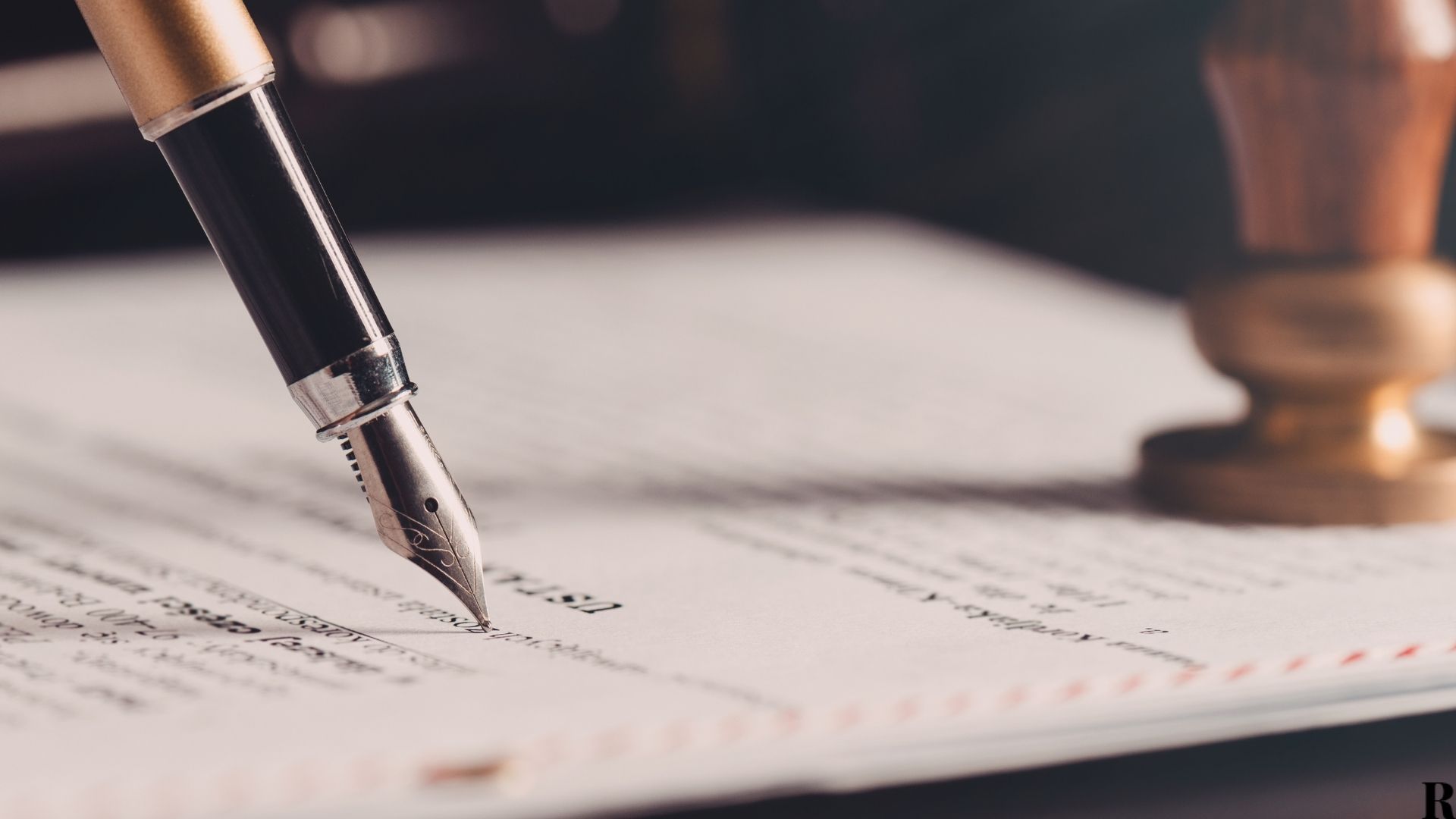Notary Public: Your Trusted Witness and Paper Authenticator
Wiki Article
Demystifying Notarial Work: Simplifying the Role and Value of Notaries
In the detailed web of lawful documentation and confirmation, notaries stand as columns of assurance and authenticity. Their duty, often shrouded in enigma for numerous, carries considerable weight in making sure the legitimacy and integrity of crucial papers. As guardians of validity and reality, notaries play a critical part in our society, yet their work is not always completely recognized. By unraveling the intricacies bordering notarial techniques and shedding light on the value of their acts, a clearer understanding arises of the important role notaries play in promoting the material of contractual and legal contracts.The History of Notarial Work
Just how did notarial work advance with time to end up being an essential component of legal and service deals? The background of notarial job days back to old human beings, where scribes played an essential duty in taping crucial information and validating documents. As societies advanced, the need for a more formalized system to make certain the legitimacy of agreements emerged. This caused the development of notaries, people selected by the state to function as objective witnesses in legal matters.
During the Center Ages, notaries got prestige in Europe, with their functions expanding to include composing legal records, accrediting signatures, and preserving documents. The surge of worldwide trade better emphasized the significance of notarial operate in verifying contracts and contracts across boundaries.
In the modern era, notaries remain to play a crucial duty in legal and service transactions by validating identities, verifying the credibility of files, and avoiding fraud. Their role in licensing the validity of agreements adds a layer of safety and trust to the ever-evolving landscape of commerce and law.

Duties and Obligations of Notaries
The historical evolution of notarial work from old civilizations to the modern-day period has actually formed the distinct duties and duties that notaries maintain in legal and service deals today. Notaries play a vital function in verifying the authenticity of records and the identity of signatures. Among their primary obligations is to witness the finalizing of important records, such as wills, actions, and agreements, to ensure that all events are getting in into contracts purposefully and willingly. Notaries also verify that notaries are of sound mind and not under duress or threat.In addition, notaries are tasked with carrying out oaths and affirmations, which are crucial in lawful process and the execution of sworn statements. They certify copies of original papers, offering assurance to establishments that the duplicates are true replicas of the originals. Notaries must keep precise records of all purchases they oversee to guarantee transparency and responsibility. Overall, the responsibilities and duties of notaries are crucial in safeguarding the stability and legitimacy of different records and transactions.
Notarial Certificates and Signatures
Exhibiting precise focus to information, notarial certificates and signatures work as important elements in confirming the credibility of lawful documents. Notarial certifications generally include important details such as the date of notarization, the names of the notaries, a summary of the document, and the notary's official seal. These certificates give a clear record of the notarial act, ensuring that the paper can be quickly recognized and mapped back to the notary who oversaw the process.Signatures play a pivotal role in notarial job, as they additional reading indicate the arrangement and approval of the celebrations included. Notaries very carefully witness the finalizing of papers to validate the identity of the notaries and validate that they are signing of their very own totally free will. By affixing their official seal and trademark to the record, notaries certify that the required treatments have been adhered to and that the paper is legitimate and enforceable.
Fundamentally, notarial certifications and signatures are the trademark of authenticity in legal deals, offering guarantee to all celebrations involved that the papers are genuine and binding.
Relevance of Notarial Acts

Notarization Process Explained
Explaining the registration basics process gives quality on the important steps involved in validating legal documents. The registration procedure commonly begins with the specific providing the document to a notary public. The notary then confirms the endorser's identification via acceptable recognition methods. As soon as the identity is validated, the notary guarantees that the private signing the record does so voluntarily and with no threat.
Final Thought

Notarial certifications typically contain essential details such as the date of notarization, the names of the signatories, a summary of link the record, and the notary's official seal. These certificates supply a clear record of the notarial act, guaranteeing that the record can be quickly determined and mapped back to the notary who supervised the procedure.
By attaching their main seal and trademark to the document, notaries accredit that the essential procedures have actually been complied with and that the paper is enforceable and valid.
By validating the identification of the signatures, verifying their desire to enter into the agreement, and licensing the day and location of the signing, notaries play a vital function in supporting the validity of legal records.After the document is authorized, the notary will affix their main seal or stamp onto the record.
Report this wiki page